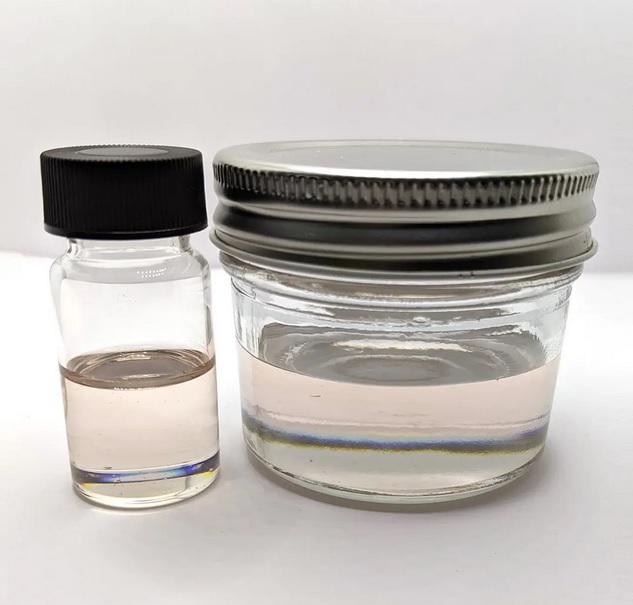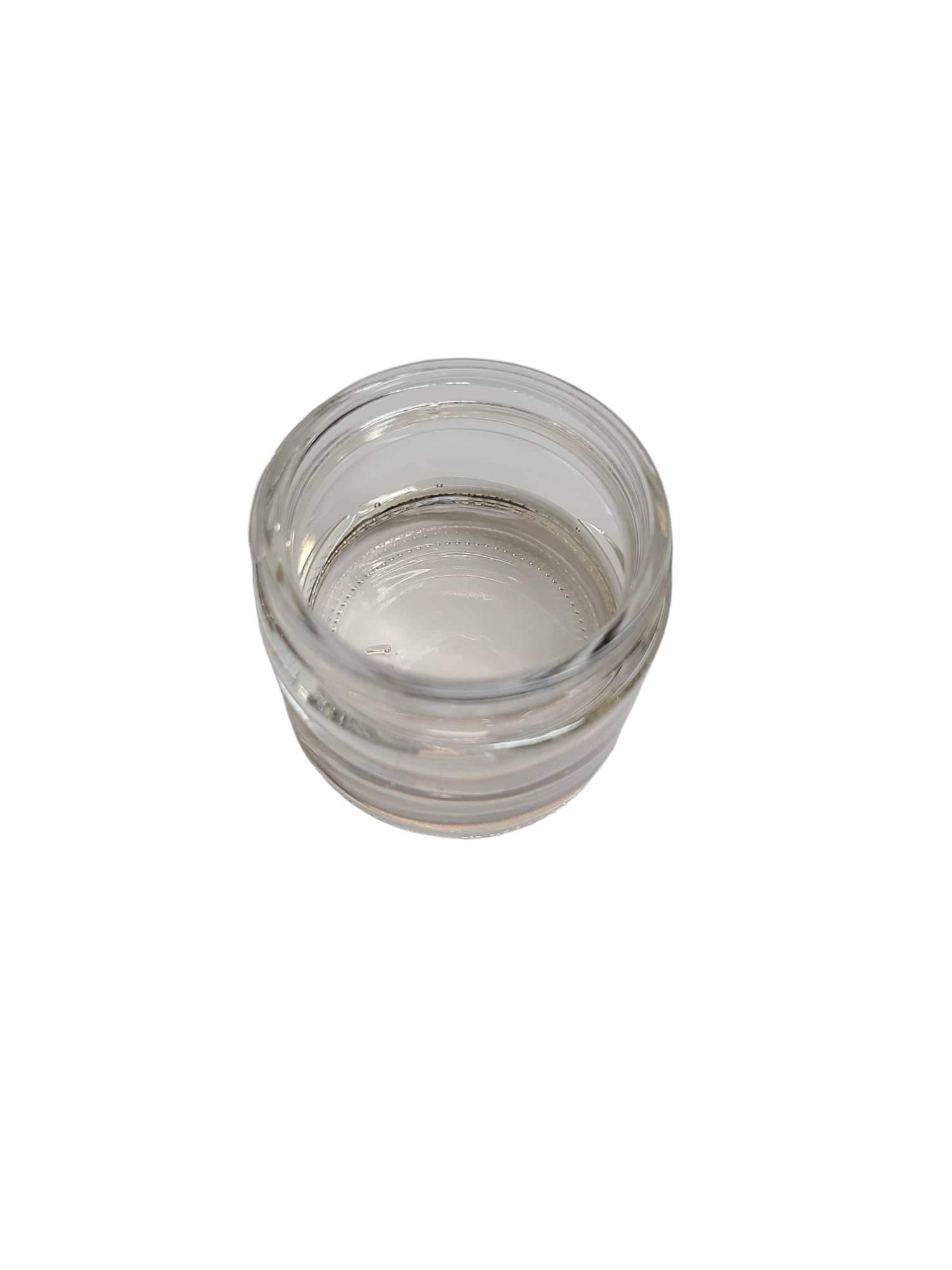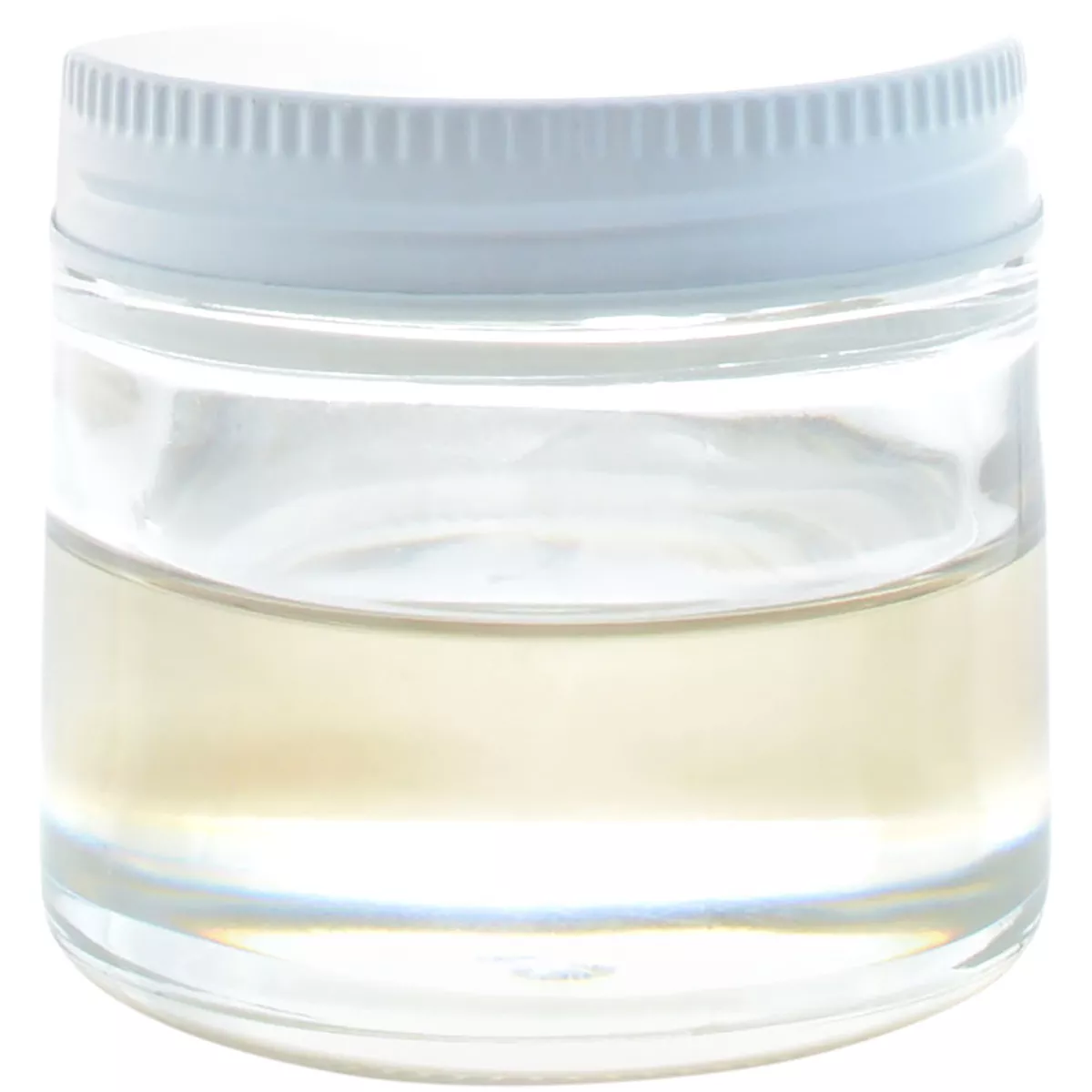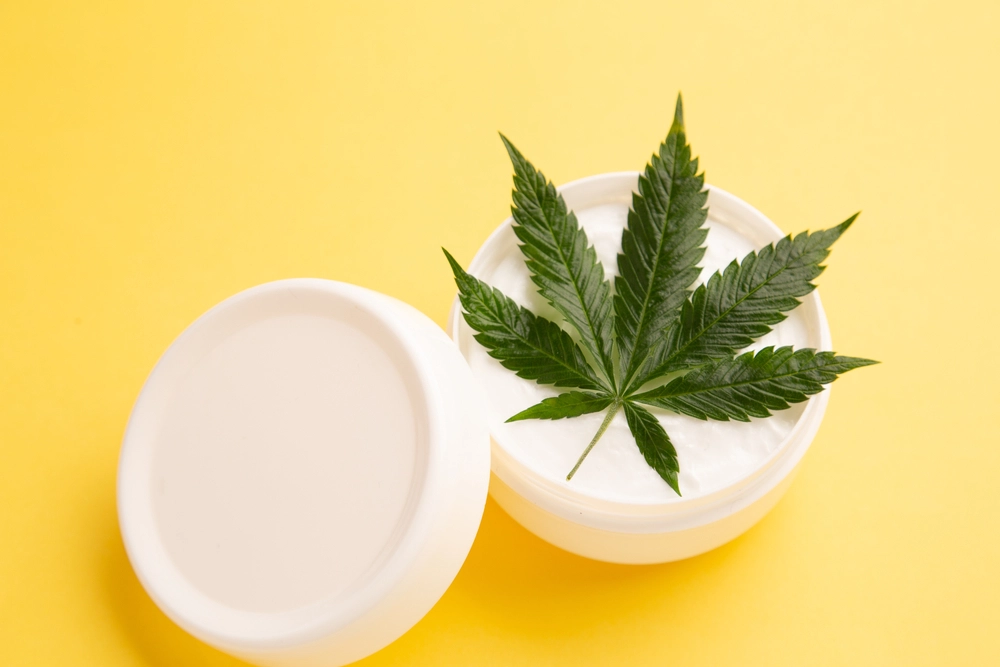The use of cannabis-related products is increasing, and one primary reason for this is the endocannabinoid system. This complex network of receptors and neurotransmitters in the body plays a vital role in regulating physiological processes such as pain, appetite, sleep, and mood. This system interacts with cannabinoids such as Delta 8 THC, which has gained popularity for its potential therapeutic benefits. In this article, we will explore Delta 8 cream and its interaction with the endocannabinoid system.
What is Delta 8 THC?
Delta 8 THC is a naturally occurring cannabinoid found in small amounts in cannabis plants. It is closely related to Delta 9 THC, the primary psychoactive component of marijuana. However, Delta 8 THC is not as potent and has milder psychoactive effects than Delta 9 THC. Delta 8 THC is extracted from hemp, a variety of cannabis that contains low levels of Delta 9 THC, making it legal under the 2018 Farm Bill. Delta 8 THC is available in various forms, including oils, tinctures, edibles, and creams.
Interaction of Delta 8 Cream with the Endocannabinoid System
The endocannabinoid system plays a crucial role in the body’s response to cannabinoids such as Delta 8 THC. This system comprises two primary receptors, CB1 and CB2, which are present in various parts of the body, including the brain, immune system, and nervous system.
When Delta 8 cream is applied topically, it interacts with the CB2 receptors in the skin. This interaction may help reduce inflammation and pain and promote skin health. Delta 8 THC may also interact with CB1 receptors in the brain, which may explain its psychoactive effects. However, because Delta 8 THC is not as potent as Delta 9 THC, its psychoactive effects are milder and less intense.
Delta 8 Cream and Its Potential Benefits
Delta 8 cream is a topical application of Delta 8 THC combined with other ingredients such as carrier oils and essential oils. This cream is designed to provide localized relief for pain and inflammation. Delta 8 cream is a promising alternative to traditional pain relief methods that can cause undesirable side effects.
The anti-inflammatory properties of Delta 8 THC may help reduce inflammation and provide relief for conditions such as arthritis, muscle soreness, and chronic pain. Delta 8 cream may also have potential benefits for skin health. The anti-inflammatory properties of Delta 8 THC may help soothe skin conditions such as acne, eczema, and psoriasis.
The Potential Risks of Delta 8 Cream
Although Delta 8 cream may offer potential therapeutic benefits, it is essential to be aware of its potential risks. Delta 8 THC can cause side effects such as dry mouth, red eyes, dizziness, and fatigue. Delta 8 cream may also interact with other medications, particularly those that affect the liver, such as blood thinners and cholesterol-lowering drugs. It is essential to consult with a healthcare provider before using Delta 8 cream, particularly if you are taking other medications.
Conclusion
Delta 8 cream is a promising alternative to traditional pain relief methods that may offer potential therapeutic benefits for pain and inflammation. Its interaction with the endocannabinoid system and the anti-inflammatory properties of Delta 8 THC make it a promising treatment option for various conditions. However, it is essential to be aware of its potential risks and consult with a healthcare provider before using Delta 8 cream, particularly if you are taking other medications.




